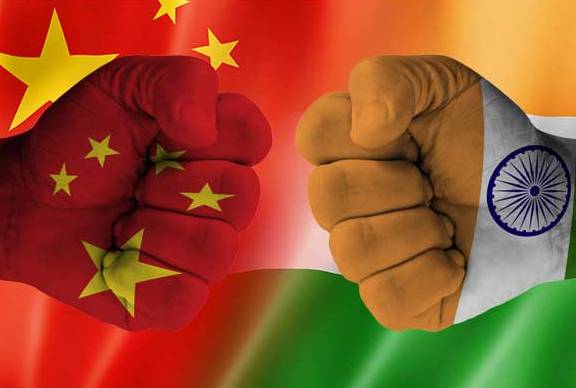New Delhi: As the Centre’s ‘Self-reliant India’ programme gathers steam, certain high volume import products, especially coming in from China, may attract steeper tariffs in the coming days, sources said.
Even though the expected move is not country-specific, the tariff imposition or hike will have a major impact on imports from China.
At present, China has a trade surplus with India and is predominant in certain products such as toys.
In fact, just this week, the Directorate General of Trade Remedies completed two anti-dumping investigation concerning products that are predominantly sourced from China amongst other places.
Overall, the two countries’ bilateral trade is around $85 billion per annum which is heavily tilted in China’s favour.
Nonetheless, India’s trade deficit with China has declined from $63.1 billion in FY18 to $53.6 billion in FY19 and is estimated to be further lower in FY20, partly due to imposition of anti-dumping duty in sectors like steel.
Incidentally, the recent stand-off between the Asian giants in the Himalayas has also triggered an anti-Chinese sentiment in India, especially focused around the cheap products from that country.
Accordingly, these tariffs might have different range and scope such as imposition of countervailing and anti-dumping duty or a basics custom duty hike.
Several products such as printing paper, toys, toners, AC compressors, general use electrical wires and switches are amongst the few items which have been zeroed upon, sources said.
However, components, pharma ingredients and other goods that go into the final manufacturing of finished products and require some time for the domestic capacity to build up have been left out for now.
According to sources, tariff on products that compete with local items produced by labour-intensive industries might also rise.
The set principle, source said is to encourage local manufacturing due to the presence of a robust domestic market along with conducive monetary and ‘Make in India’ policy.
Similarly, the Centre had earlier received several proposals to consider a hike in duty on over 300 items like toys, furniture, footwear, coated paper, rubber items among other in the Union Budget.
That time, the move was mooted to keep imports down and help to raise revenue.
Many of these products are from industries which come under the MSME sector, which has been given special attention in the ‘Self-reliant India’ programme.
Besides, sources indicate that in order to safeguard against flooding of goods in the domestic market despite imposition of anti-dumping duty, certain non-tariff barriers pertaining to quality control might be enforced.
Recently, the Centre has placed imported tyres in restricted category, under which an import license would be required to bring in the product to the domestic market.
In case of furniture, the country might go big on import substitution.
Earlier, Chairman TPCI Mohit Singla had said: “After US has imposed 25 per cent duty on the import of furniture from China, the import to US from China has dropped almost 20 per cent.
“The industry should map key buyers and work closely while hand holding their recent shift from China and Vietnam in India’s favour.”
Currently, India exports just $1.7 billion of furniture.
In addition, the expected move to increase or impose duty along with policy support to set cluster-based manufacturing of these products in India is expected to create large scale employment opportunities.
(IANS)
